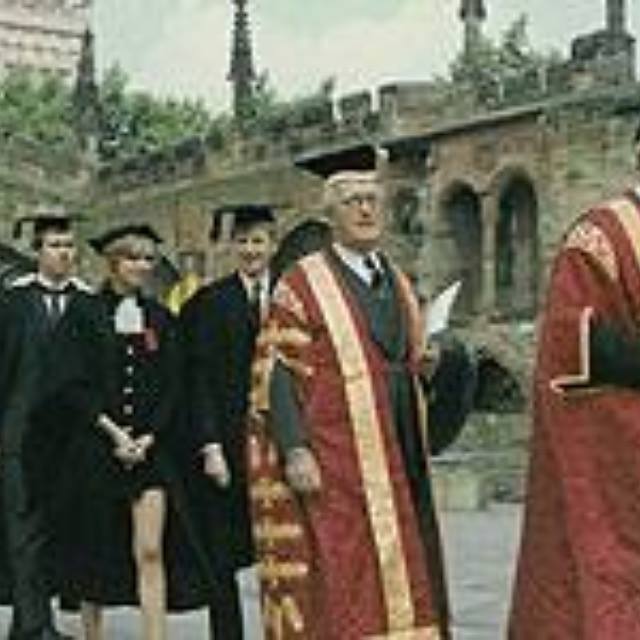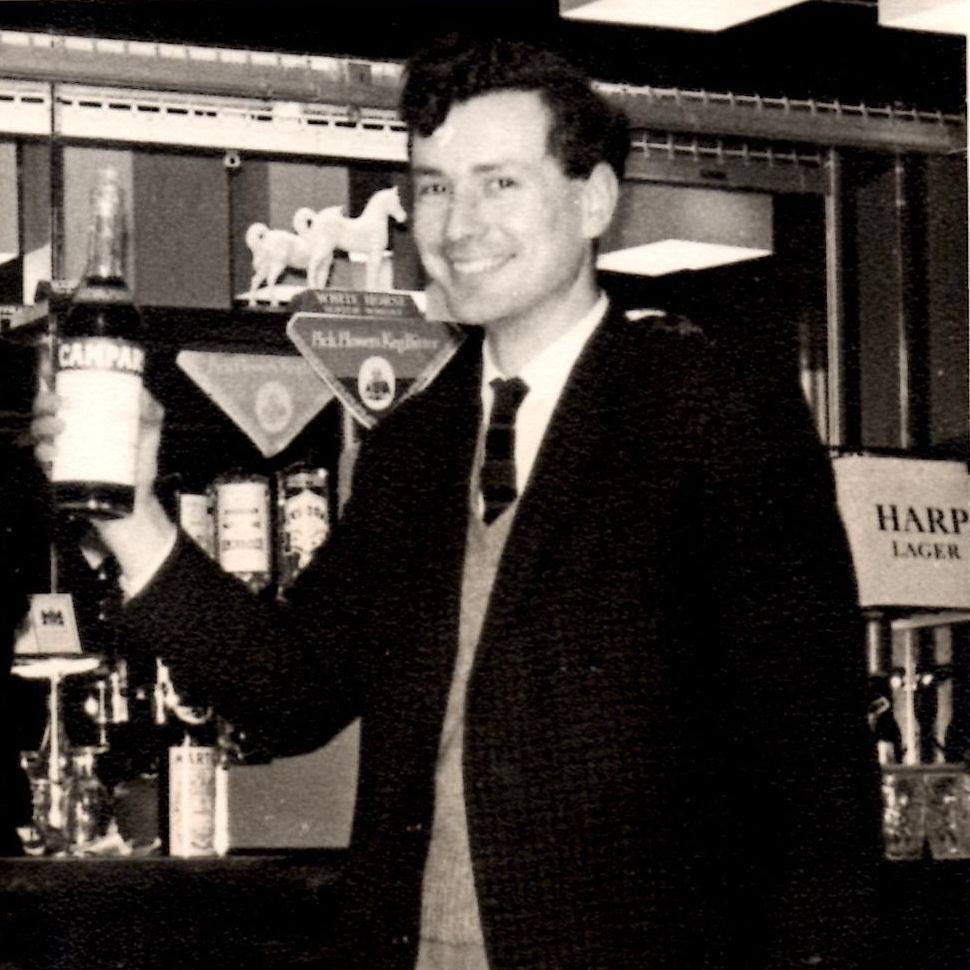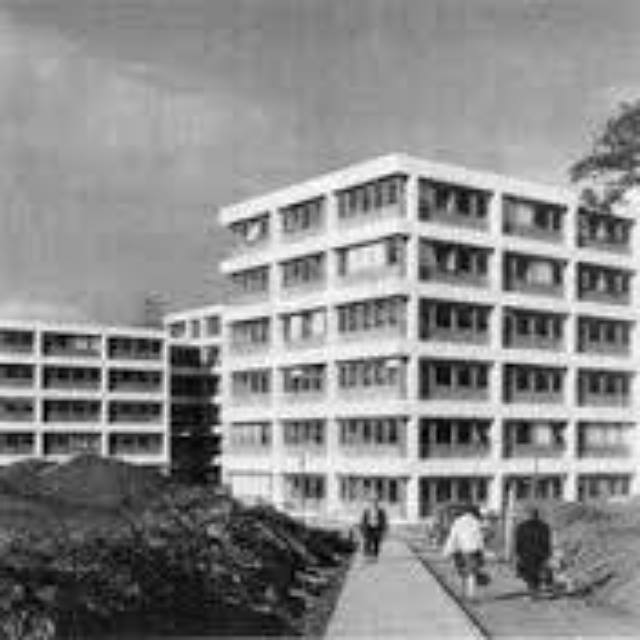January 2015 - Let's start at the beginning
Continuing the story of Warwick's opening in 1965, here are some more of our favourite recollections from students who were some of the first to start their studies at the University. What made Warwick so exciting?



Ron Lockhart was an undergraduate student of Mathematics from 1965-1968:
“We had a welcome speech by Jack Butterworth who was the VC at the time. He said, ‘We’ve got a bit of money to help you get some societies going, but it’s up to you what you do with it.’ After a period of time we had a Maths society, we had a rugby club, we had…you name it! Everybody had a good time, there were no barriers.”
Departments were small - very different from today’s bustling academic centres. Phil Woodruff studied Physics as a postgraduate student in 1965. He said,
“I think there were five or six PhD students and five academic staff, and maybe a similar number of postdocs, and that was the whole department, so it was a compact group and you were all mucking in together a bit, and there was a certain amount of going out to the pub together as well, and so on. It was a good atmosphere.”
The lack of conventions impressed Physics PhD student Mike Redman, when he arrived in 1967.
“It was a completely new department, it didn’t really have any conventions… There was a very good relationship among the academic staff, the research students and the technicians. From day one we used to drink our cups of tea in the common room in the department with the lecturing staff, so you got this great interchange of ideas.”
Open days were a world away from how they are arranged today. The first students were selected in low key interviews and prospective students often didn’t see the campus, since it wasn’t built! Jan Pollock, a 1968 undergraduate History student said,
“I knew as soon as I got to Warwick, before I even got interviewed…that this was the place I wanted to be, this was the right place for me with similar types of students who could all sit and talk about things that I was interested in. So I was very lucky.”
And for Physics undergraduate Alan Phllips, it was Warwick’s “newness” that inspired him, in 1966:
“I decided to go to Warwick because it was much more interesting, adventurous, being a brand new university. Everything was going on, it was very vital. While we were there, the physics building and a number of the other buildings were being completed, and it had a real feeling of energy because you tended to know most people, quite a contrast from the size of the university now. And it had an energy to it, because of that.”
Barbara Winslow, a student from America, enrolled on a postgraduate course at Warwick in 1969. She described the exciting political scene on campus:
"Given that I was a socialist, there was a really active student socialist group which I loved. And the students didn’t seem that much different from me, with the exception of the accents! But they were more class-conscious.”
Jenny Mayor, undergraduate student of English and European Literature in the class of 1968, revealed how the first student fairs worked:
“They had decided they would have a kind of student fair, but of course there was nobody running the societies. And some of that was quite good because it meant that you could. And it did mean you could influence things. So, for instance, they took a kind of American model which was where we were all made to do a subject that was not our subject. And so, once a week, there was a lecture by one of the academic staff from anywhere across the university to all undergraduates. It was really interesting.”
Mike Haslam fell in love with his undergraduate Mathematics course in 1968:
“It just seemed like magic to us because very few people had done any Modern Mathematics before they came here, it was all traditional, and suddenly we got hit with Set Theory and Group Theory and that sort of thing. I think we were like kids in the sweetie shop, we wanted to do Maths because they loved the subject, so presented with all these wonderful new concepts and things, being taught by absolutely brilliant people, it was like the classic sweetie shop. We just all loved it."
And for Physics PhD student, Frances Cook, it was the facilities which were the star attraction when she arrived in 1968:
“It was just lovely. It was new, everything was sparkling. They had wonderfully state of the art equipment for the experiments I was going to be doing, very high tech.”
Professor Cal Winslow was enthralled by the big names on campus, and landed his dream postgraduate position, studying History under E.P.Thompson in 1969:
“I thought, I have to find some way to go over to Warwick and study with Edward Thompson! It seemed like kind of a miracle at the time, but I wrote him a letter introducing myself and I got a letter that said, ‘fine, you can come back and be a visiting post-graduate student in our PhD programme’. Edward was well known for his ability to do creative research and he passed that on to us.”
Listen to the IAS podcast here for more first impressions, and stay tuned for February’s instalments.
Click here to listen to the full interviews featured in the blog (and podcast). Browse the page by searching for a particular participant in the search bar, or scrolling through the alphabetical list.
